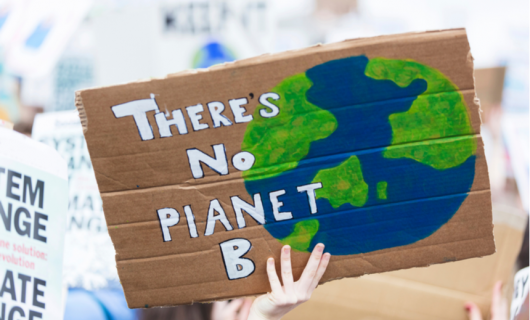A widely recognised psychological model that helps explain human behaviour in relation to climate change, the Theory of Planned Behaviour proposes that an individual's intention to perform a behaviour is influenced by their attitude towards the behaviour, subjective norms (i.e., how they are 'expected' to behave from a social perspective) and perceived behavioural control (i.e., how much autonomy and control they feel they have over the behaviour being performed). Providing individuals with the tools, resources and information needed to take environmentally-friendly actions increases their perceived control, making sustainable choices more likely to occur.
Another key component of this theory is attitude. Encouraging positive attitudes towards sustainable practices and highlighting the environmental benefits of certain behaviours can influence people's intentions to adopt eco-friendly habits. Furthermore, social norms play a vital role in shaping behaviour. Creating a sense of social accountability and emphasising societal norm supporting sustainable actions can drive positive change.
Example: ensuring that messaging about climate-friendly behaviours embeds principles of behavioural theory can be a powerful tool to engage individuals in climate action. Emphasising the positive environmental impact for those who value sustainability, and communicating cost-effective ways to make sustainable swaps for those facing financial barriers, ensures messaging is targeted and relevant to key audience groups.






